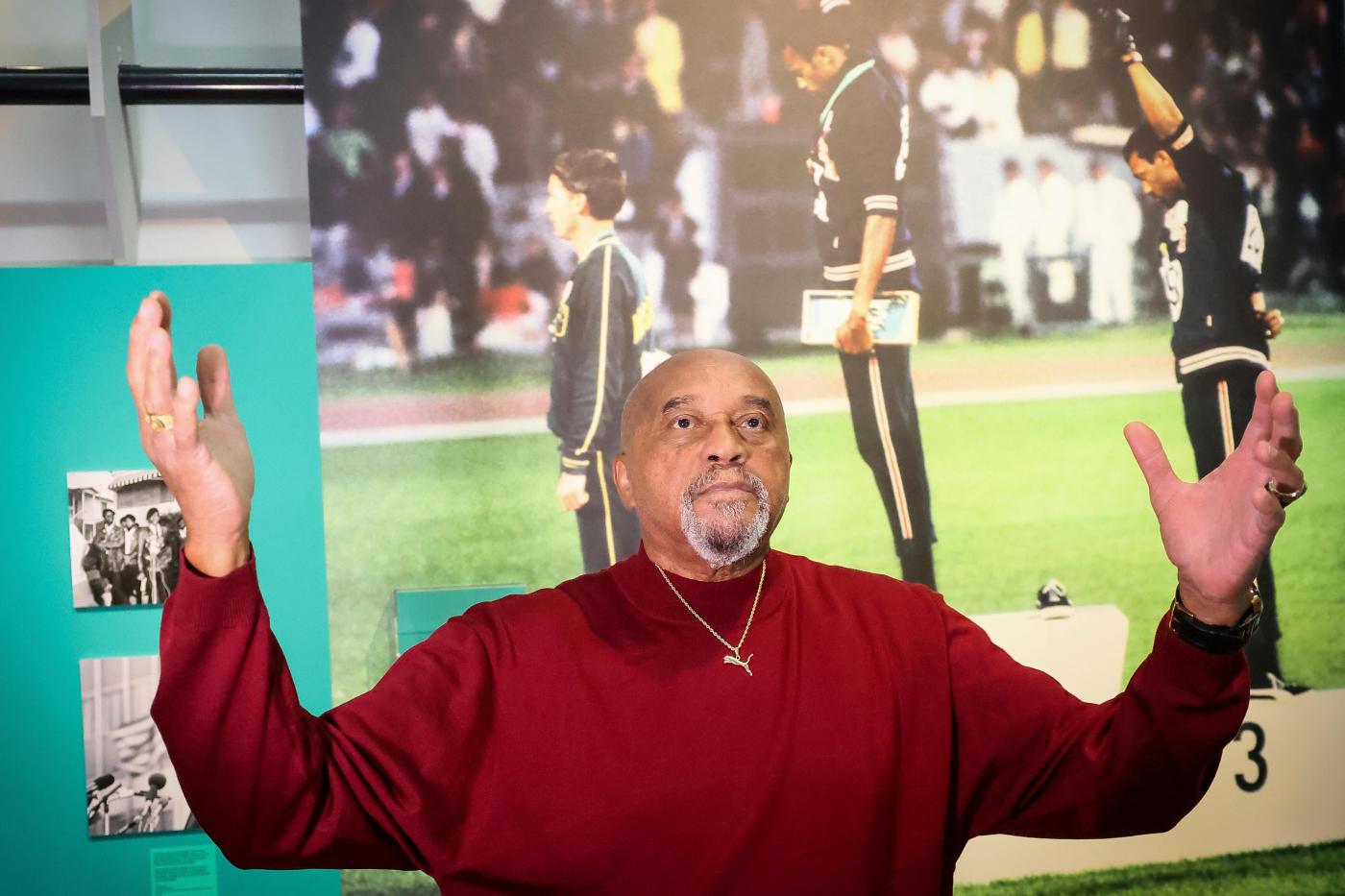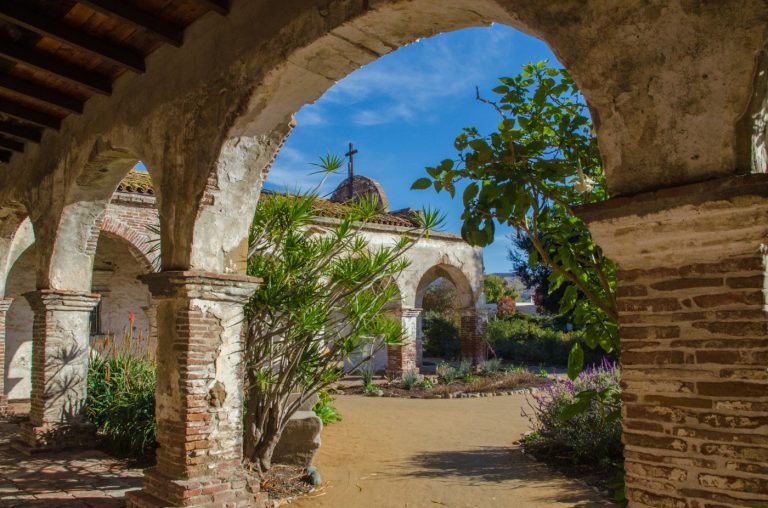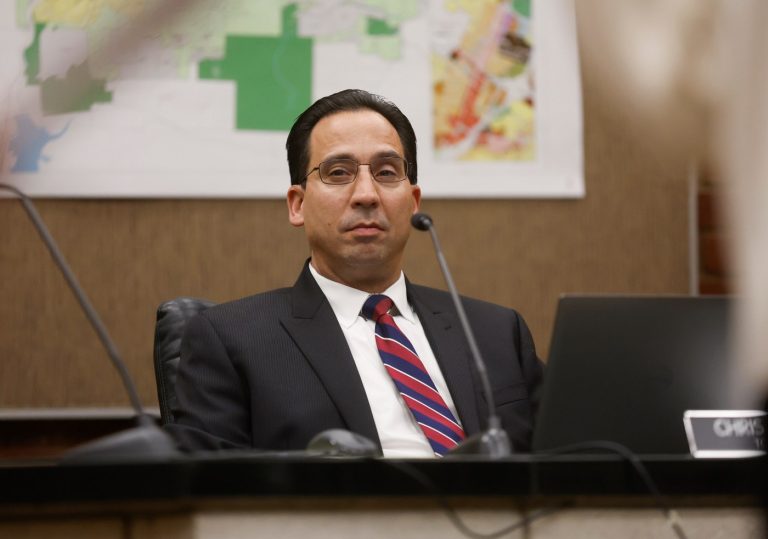By JEROME PUGMIRE | AP Sports Writer
PARIS (AP) — The audience in Paris stood to applaud Tommie Smith, more than 50 years after he took a stand for civil rights.
A second ovation was even longer, and the 80-year-old Olympic champion seemed overwhelmed with emotion. He lowered his head, clasped it in his hands and wept for several moments.
He had just been asked if he still fights against racism in society.
“Even until this day. I do,” Smith said. “A perpetual stand, forever. As long as there are human beings fighting for the rights of each other.”
Smith was a guest speaker at the Musée de l’Immigration (Museum of Immigration) at the Palais de la Porte Dorée last week, just over six weeks from the start of the Paris Olympics.
Smith’s raised right fist from the 1968 Olympics in Mexico City still speaks for itself, even in an era in which athletes have much more freedom to voice their opinions — though the Olympic Charter still prohibits political protests at medal ceremonies.
Smith and his teammate John Carlos, both Black members of the San Jose State track team, were sent home from the Olympics after taking a stand against injustice.
Smith had just won the gold medal for the United States in the 200 meters. Standing on the podium, head bowed, he thrust a gloved right fist up in the air. Carlos, a bronze medalist in that sprint, did the same with his left fist.
It was a way of protesting how Black people were being treated in the United States and to demand better human rights for everyone regardless of color, cause or nationality.
“I fought for the right to be human and not segregated,” Smith said. “The world needed to come together in erasing racism and producing social thought.”
During the symposium he explained why — on that October day in ’68 — there were no words spoken in what he calls “a silent gesture.” There was, he explained, the fact that journalists rarely asked athletes for an opinion on anything back then, but also something far deeper — a desire for unification.
“It was a visionary thought that I believed everyone could understand,” Smith said. “A raised fist above my head represented you as an individual.”
Related Articles
Katie Ledecky is heading to her fourth Olympics after winning 400 freestyle at US trials
Bay Area water polo legend Maggie Steffens seeks fourth gold at Paris Olympics
Inside NBC’s Olympics bet on pop culture in Paris, with help from Snoop Dogg and Cardi B
Frank Carroll dies at 85; figure skating coach led Michelle Kwan and Evan Lysacek to stardom
Bay Area daughter of immigrants aiming for gold in first-ever Olympic kiteboarding event
Smith only discussed the idea with Carlos moments before they raced. Peter Norman, a white athlete from Australia who took the silver medal, knew what they were going to do and made a decision. Norman wore a badge on the podium with “Olympic Project for Human Rights” written on it.
On Tuesday, Smith took time to discuss Norman’s actions that day. He said Norman was not just backing them up, he was doing so much more than that. Norman was joining them in solidarity, making a stand in his own way.
“One of the greatest persons I’ve ever met,” Smith said of the late Norman, who was posthumously given Australia’s highest Olympic award, the Order of Merit. ”He was part of the belief in human rights.”












